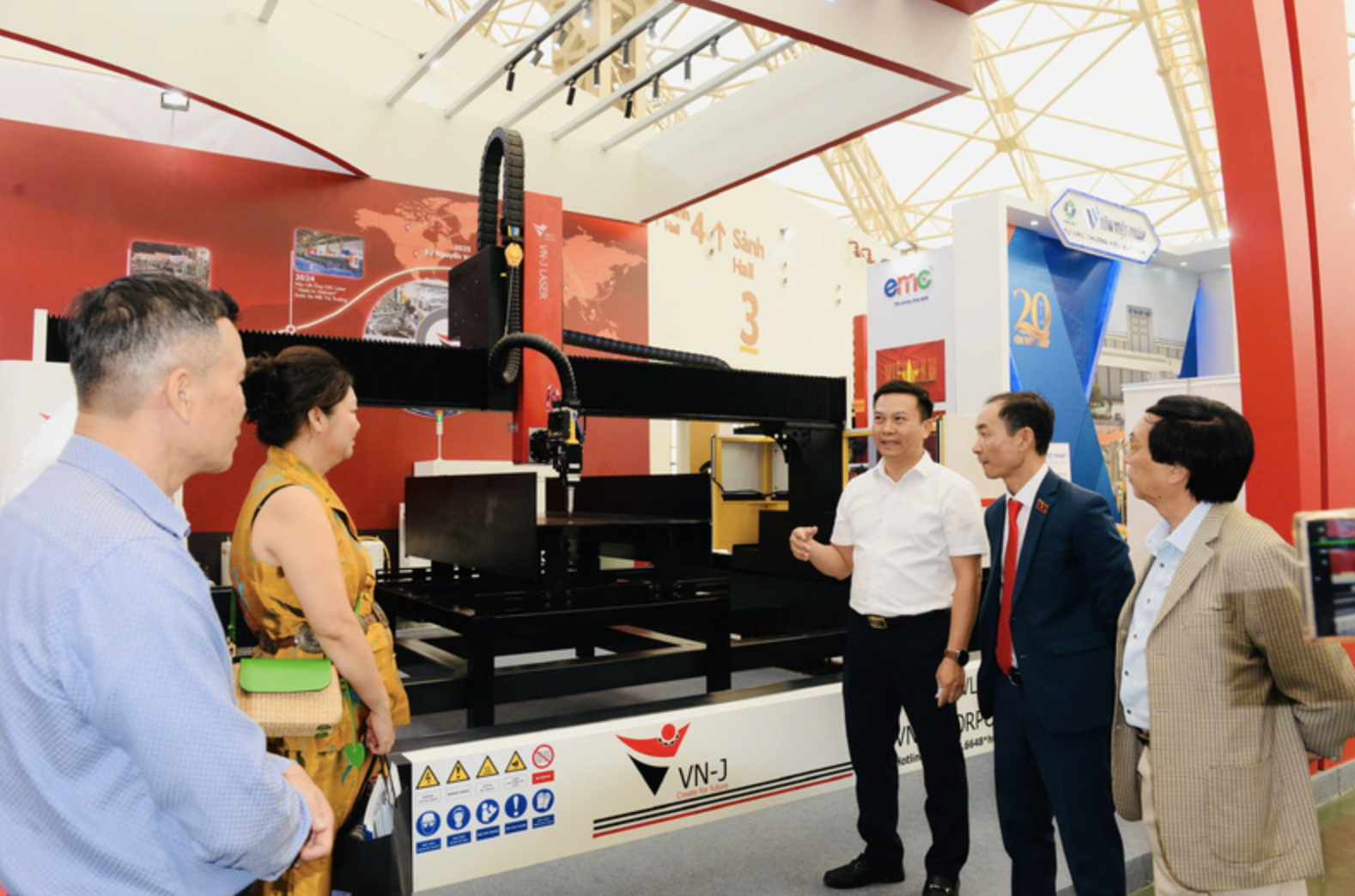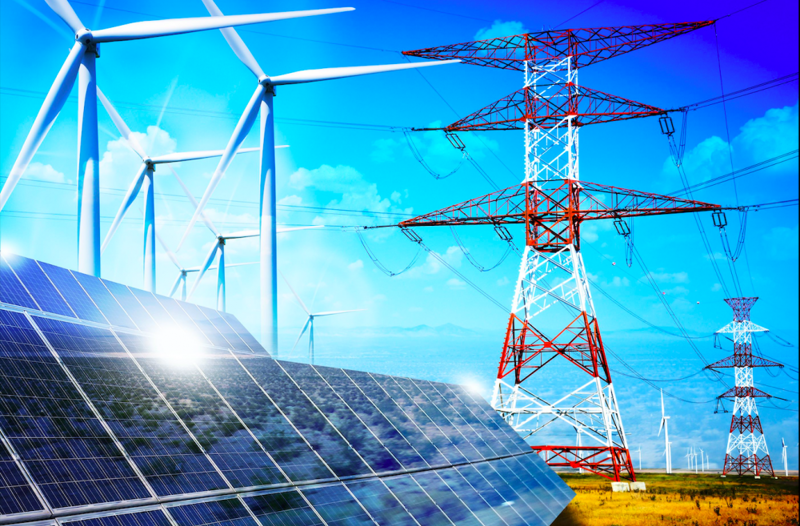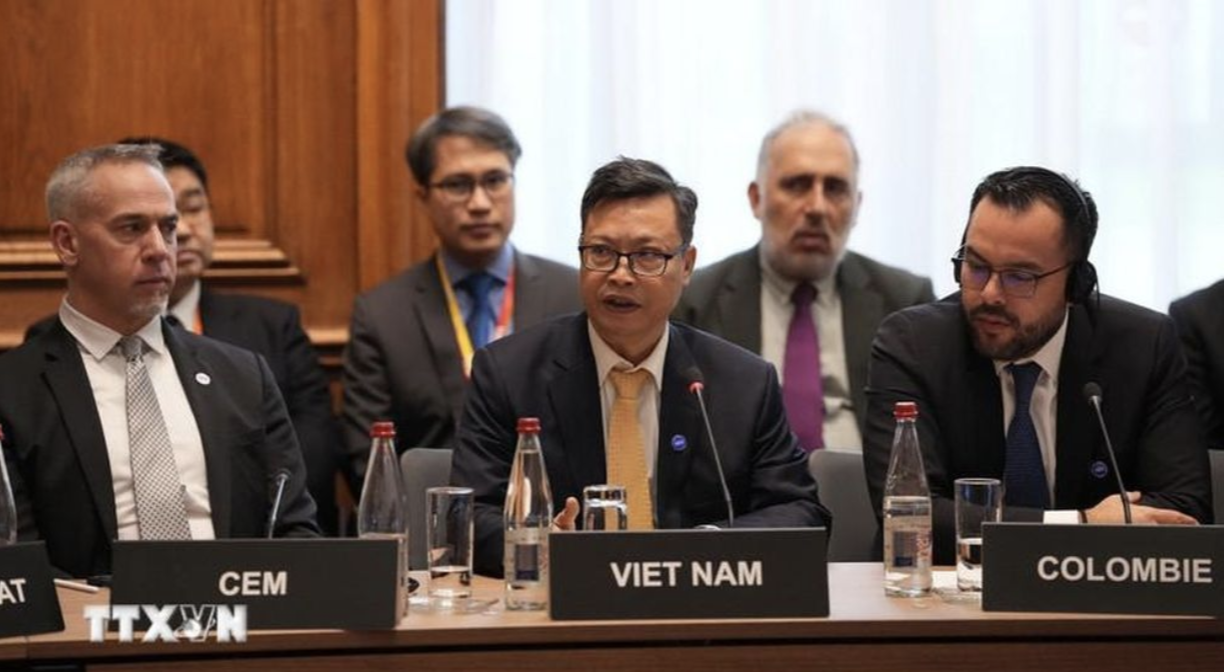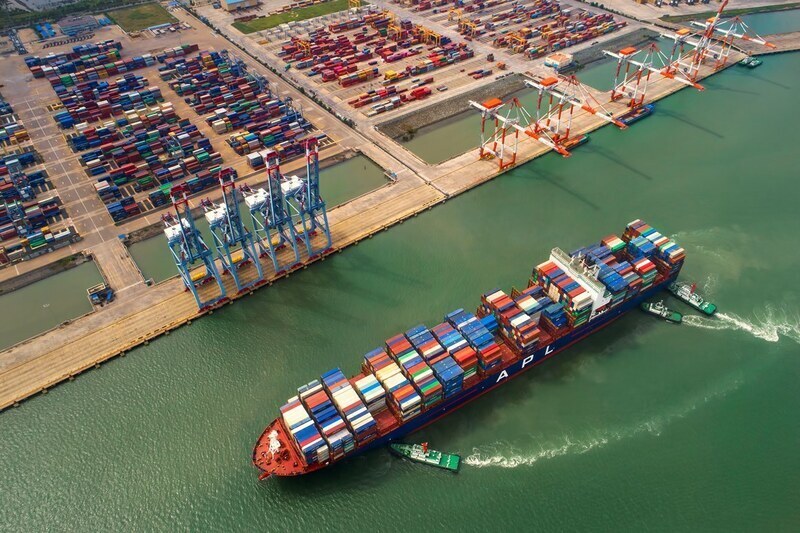
Supporting industries look to a new spring of growth
19:05 | 23/03/2025 18:04 | 20/02/2026Industry
The Government has issued Resolution No. 328/NQ-CP on the Action Program to implement the Politburo’s Resolution No. 70-NQ/TW dated August 20, 2025, on ensuring national energy security until 2030, with a vision toward 2045.
Ensuring energy security to support economic growth
According to the program, by 2030, Vietnam’s total primary energy supply is expected to reach 150-170 million tons of oil equivalent, with final energy consumption at 120-130 million tons. Energy savings will account for 8-10% of total consumption, and greenhouse gas emissions will be reduced by 15-35% compared to the business-as-usual scenario.

Ensuring national energy security - Illustration photo
The Government has assigned ministries, sectors, and localities to develop implementation plans, supervise progress, and improve the legal framework for energy management, ensuring that national energy security meets the requirements of economic development in the new context.
To strengthen energy supply and infrastructure, the Government calls for the development of scenarios and roadmaps to secure sufficient energy for growth through 2045; diversify supply sources; prioritize domestic energy production; and reduce dependence on imports. A key focus will be the establishment of integrated national energy industrial centers combining gas, LNG, electricity, petrochemical, and renewable energy projects in regions with comparative advantages, synchronized with policies on domestic gas extraction and pricing.
The Government also directs ministries and localities to remove bottlenecks, accelerate key projects, expand strategic energy reserves, develop energy storage, and promote the domestic energy equipment industry. The goal is to build a modern, smart, and sustainable energy infrastructure capable of effective regional and international connectivity.
Driving technological innovation and energy efficiency
The program requires ministries and localities to restructure industries toward efficient energy use and issue mandatory energy-saving targets for each sector and region. Low-efficiency, high-emission machinery and vehicles will be phased out, while enterprises are encouraged to invest in high-performance, cleaner technologies.
Comprehensive measures to reduce greenhouse gas emissions in the energy sector will be implemented in line with national development goals. Plans include converting coal-fired power plants to use cleaner fuels such as natural gas, biomass, hydrogen, or ammonia; introducing appropriate carbon taxation on fossil fuels; and setting carbon emission limits.
To drive innovation, the Government will allocate at least 2% of the energy sector’s GDP to research and development. It will establish national research and innovation centers and key laboratories in the energy field, and enable these centers to mobilize private-sector resources to support clean and renewable energy innovation projects.
The program also promotes digital transformation and advanced technology across the entire energy value chain from exploration, production, transmission, and distribution to end-use. Smart grid systems and digital energy management will be expanded across industry, transport, and construction.
The Government will foster partnerships among scientists, universities, and businesses to strengthen energy research and technology development. The program targets training 25,000-35,000 engineers and experts in the energy field, prioritizing nuclear, renewable, and new energy sectors.
It also includes policies to attract and support high-quality domestic and foreign professionals, including overseas Vietnamese to work in these industries.
The program aims to institutionalize and fully implement the viewpoints, objectives, and solutions set out in Resolution No. 70-NQ/TW, ensuring firm national energy security, a stable and high-quality energy supply, reduced emissions, and sustainable socio-economic development while protecting the environment and improving quality of life.

19:05 | 23/03/2025 18:04 | 20/02/2026Industry

19:05 | 23/03/2025 17:48 | 20/02/2026Trade

19:05 | 23/03/2025 16:25 | 20/02/2026News and Events

19:05 | 23/03/2025 16:23 | 20/02/2026 News and Events

19:05 | 23/03/2025 11:22 | 20/02/2026Industry